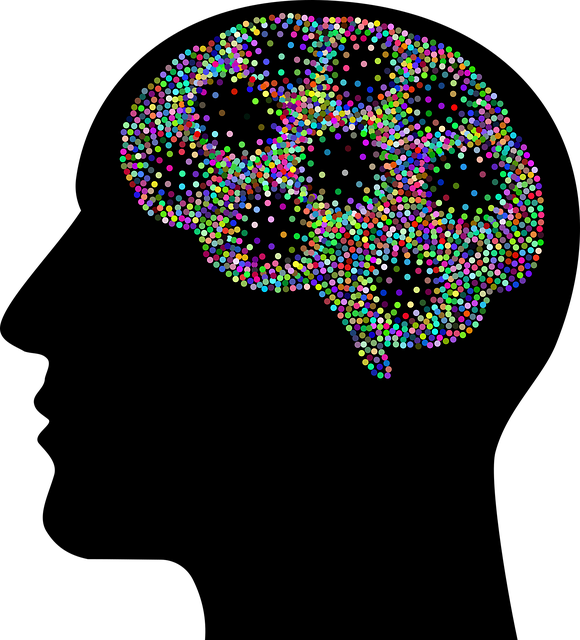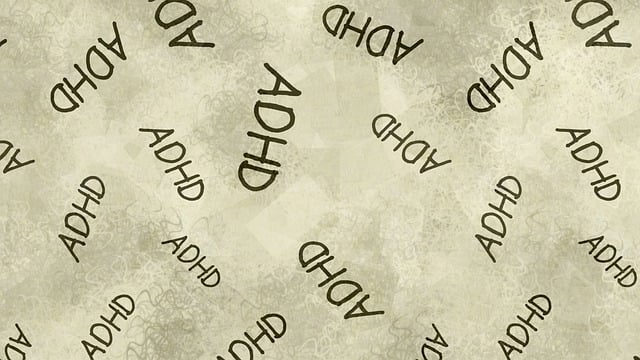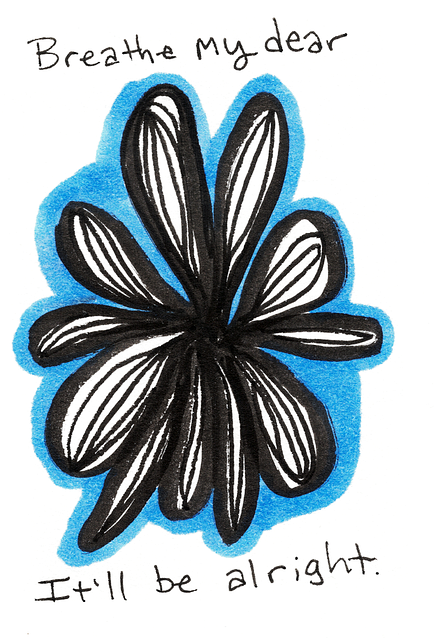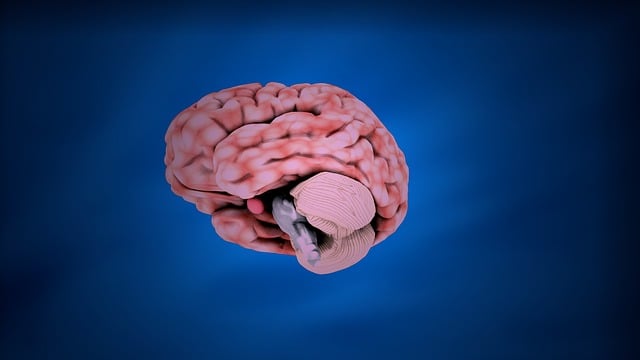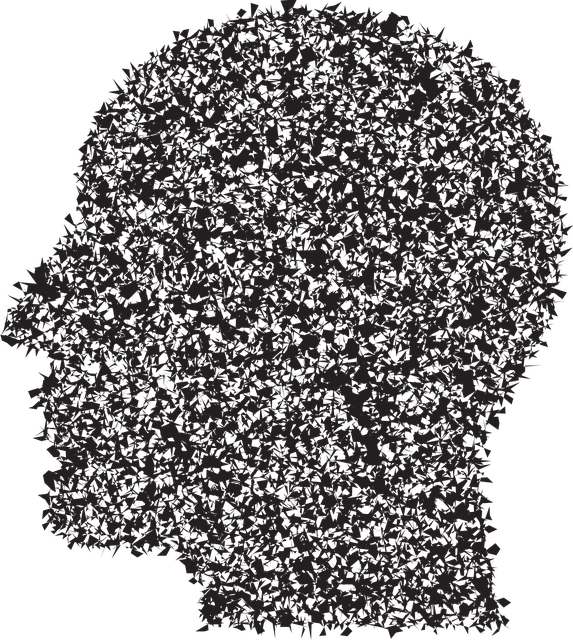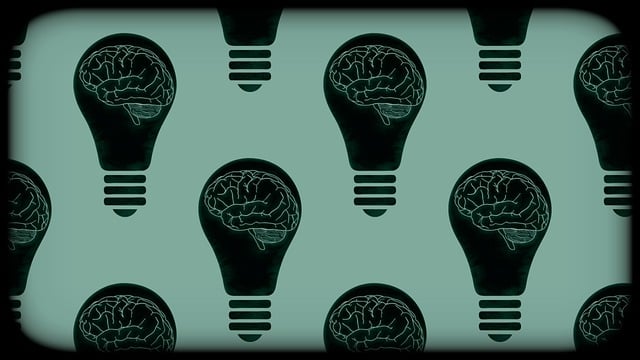Northglenn Anger Management Therapy advocates for cultural competency in healthcare as a means to provide equitable and effective care for diverse patient populations. By integrating cultural understanding into training, they enhance provider-patient relationships, improve health outcomes, and foster inclusive environments. Their programs, tailored to various communities, empower clients through culturally sensitive therapeutic services, significantly improving mental wellness. Engaging workshops, case studies, and role-playing scenarios equip healthcare professionals with essential communication skills, while comprehensive evaluation methods ensure the program's continuous improvement and adaptability in the dynamic healthcare landscape.
Healthcare provider cultural competency training is an essential aspect of modern medical practice. With a diverse patient population, understanding cultural nuances can significantly improve care outcomes. This article explores the critical need for cultural competency in healthcare, delves into the impact of biases and stereotypes, presents a case study of Northglenn Anger Management Therapy, offers effective training strategies, and discusses measuring program success. By integrating these insights, healthcare professionals can deliver more culturally sensitive and compassionate care.
- Understanding Cultural Competency in Healthcare: A Necessity for Modern Practice
- The Impact of Cultural Biases and Stereotypes on Patient Care
- Northglenn Anger Management Therapy: A Case Study in Cultural Sensitivity
- Effective Strategies for Training Healthcare Providers in Cultural Competency
- Measuring and Evaluating the Success of Cultural Competency Programs
Understanding Cultural Competency in Healthcare: A Necessity for Modern Practice

In today’s diverse healthcare landscape, cultural competency is no longer an optional skill but a necessity for modern practice. Understanding and respecting cultural differences in patient populations is crucial for delivering effective and equitable care. This involves recognizing and appreciating various beliefs, values, and behaviors that shape individuals’ health experiences and preferences. At Northglenn Anger Management Therapy, we believe that training healthcare providers in cultural competency enhances the overall quality of care.
By integrating cultural competency into healthcare education and practice, medical professionals can better navigate complex patient interactions. This includes developing coping skills, providing crisis intervention guidance, and cultivating emotional intelligence. Such approaches ensure that patients from diverse backgrounds feel heard, understood, and valued, leading to improved health outcomes and stronger patient-provider relationships.
The Impact of Cultural Biases and Stereotypes on Patient Care

Cultural biases and stereotypes can significantly impact patient care, leading to miscommunication, misunderstandings, and even mistreatment. Healthcare providers, often dealing with diverse patient populations, must recognize how their own cultural backgrounds and preconceived notions might influence their interactions. For instance, a provider from Northglenn Anger Management Therapy might unconsciously project their own cultural expectations onto a patient, overlooking unique personal experiences or family dynamics. This can result in inadequate care plans and dissatisfaction among patients who feel misunderstood.
Stereotypes, whether explicit or implicit, can also affect the quality of care. Healthcare providers must be vigilant to challenge these stereotypes, ensuring that every patient receives respect and tailored attention. Incorporating strategies like active listening, cultural sensitivity training, and coping skills development through a Mental Wellness Podcast Series Production can help prevent burnout and promote better relationships between healthcare professionals and their diverse patient communities. By addressing cultural biases head-on, providers can create more inclusive environments, ultimately enhancing patient outcomes and overall mental wellness.
Northglenn Anger Management Therapy: A Case Study in Cultural Sensitivity

In the heart of Northglenn, a diverse community outside Denver, lies a beacon of hope and understanding—Northglenn Anger Management Therapy (NAMT). This therapeutic center has carved out a niche for itself by addressing not just anger management but also cultural sensitivity in its practices. NAMT recognizes that effective therapy requires an awareness of the unique cultural backgrounds and experiences of its clients. By prioritizing this aspect, they create a safe space where individuals from various ethnic, racial, and socioeconomic groups can find support.
The center’s approach involves training therapists in cultural competency, ensuring they understand the nuances of different cultures. This enables them to offer tailored services, such as Inner Strength Development programs that empower clients to overcome challenges. NAMT also provides Trauma Support Services, crucial for addressing the impacts of traumatic events on mental health. Moreover, their focus on depression prevention through culturally sensitive practices has significantly improved outcomes, showing that by embracing diversity, therapy can be more effective and inclusive.
Effective Strategies for Training Healthcare Providers in Cultural Competency

Effective cultural competency training for healthcare providers involves a multi-faceted approach that goes beyond simple knowledge retention. Engaging workshops and interactive sessions can foster a deeper understanding of diverse cultural perspectives, allowing professionals to better navigate the complex landscape of patient care. Incorporating real-life case studies and role-playing scenarios enables practitioners to practice essential communication skills, such as active listening and adaptive language use.
Additionally, training should emphasize the integration of Emotional Well-being Promotion Techniques, Conflict Resolution Techniques, and Stress Reduction Methods into clinical settings. By learning these tools, healthcare providers can create safer spaces for patients from various backgrounds, build stronger therapeutic alliances, and ultimately improve patient outcomes. For instance, Northglenn Anger Management Therapy programs have successfully employed these strategies to enhance cultural sensitivity among practitioners, resulting in better-equipped professionals who are more adept at handling diverse patient needs.
Measuring and Evaluating the Success of Cultural Competency Programs

Measuring and evaluating the success of cultural competency programs is a multifaceted process that goes beyond simple satisfaction surveys. At Northglenn Anger Management Therapy, for instance, we recognize that true cultural competence translates into improved patient outcomes and enhanced relationships within diverse communities. Therefore, our evaluation strategies encompass both quantitative and qualitative metrics. We track key performance indicators (KPIs) such as the diversity of our client base, participant retention rates, and improvements in patient satisfaction scores related to cultural sensitivity.
Additionally, we employ mental health policy analysis and advocacy as tools to gauge the broader impact of our programs. By reviewing trends in healthcare policies and practices that support burnout prevention strategies for healthcare providers, we can assess how our training contributes to a more inclusive and responsive healthcare ecosystem. Moreover, we encourage participants to share their experiences through focus groups and individual feedback sessions, emphasizing inner strength development as a core outcome. These combined approaches ensure that our cultural competency programs remain effective, adaptive, and aligned with the evolving needs of diverse communities they serve.
Cultural competency training is no longer a choice but an imperative for modern healthcare. As demonstrated by the case study of Northglenn Anger Management Therapy, culturally sensitive approaches can significantly enhance patient care and outcomes. By addressing biases, stereotypes, and implementing effective training strategies, healthcare providers can create inclusive environments that foster trust and respect. Measuring the success of these programs is crucial to identify areas of improvement and ensure ongoing progress in delivering equitable care to a diverse patient population.
